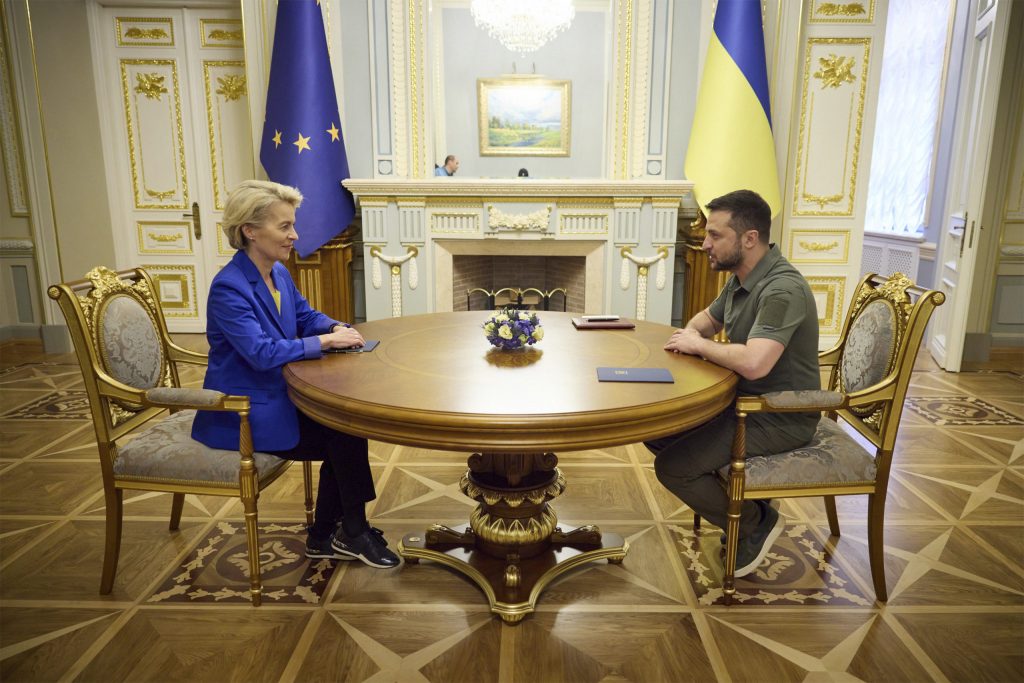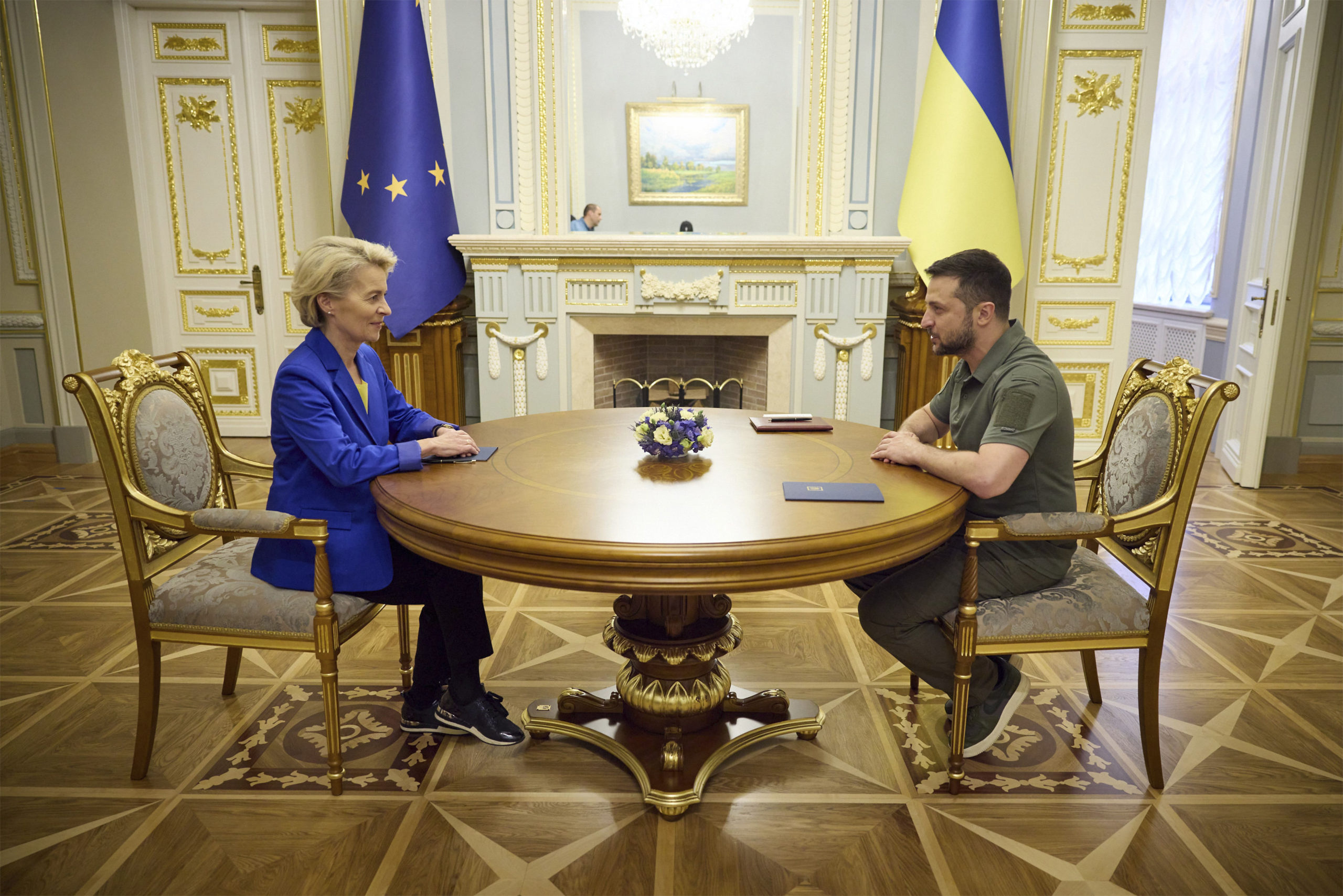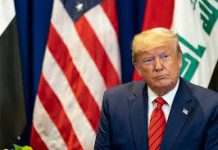
In a recent interview, Ukrainian President Volodymyr Zelenskyy appealed to his country’s allies for additional aid, citing the ongoing conflict with Russia and the imposition of martial law as major impediments to conducting a fair election. Zelenskyy recounted a conversation with Sen. Lindsey Graham, R-S.C., in which he stated that he would not hold elections on credit or divert funds from defense to elections. However, if financial support were provided and parliamentarians agreed to amend the legislation, he would be willing to take risks together.
Zelenskyy also highlighted the need for assistance from Europe in establishing polling stations for the 7 million Ukrainian citizens residing in the European Union, as the country lacks the necessary infrastructure to facilitate their participation in the electoral process.
According to Reuters, conducting an election during peacetime would cost Ukraine approximately 5 billion hryvnia or $135 million USD, although this figure could increase during wartime. The Biden administration has already extended significant support to Ukraine, with Congress being requested to approve an additional $20 billion in aid on top of the $113 billion already sanctioned for this purpose.
Ukraine’s President Volodymyr Zelensky is facing a dilemma: how to conduct the upcoming presidential election in March 2024 while the country is at war. Zelensky has stated that he supports holding the election, but only if the US and EU provide adequate assistance. However, Ukrainian law prohibits elections during wartime, so the parliament would need to amend the electoral code.
This decision must be made quickly, and it could exacerbate tensions in the US and create logistical challenges. Zelensky believes that international partners should provide the resources necessary to ensure voter access, including for the 7 million refugees displaced by the war and the thousands of soldiers on the front lines. He argues that Ukraine lacks the funds and infrastructure to manage such a large-scale operation and does not support diverting state funds from the war effort.
However, US support for aid to Ukraine is dwindling, and Americans are preoccupied with their own contentious presidential election. Persuading the US electorate to provide additional funds for Ukraine’s election, in addition to what has already been promised, will be difficult.
Furthermore, holding an election during wartime raises concerns about access, fairness, and security. It also provides ammunition for regimes seeking to undermine the legitimacy of the Ukrainian state and its government.
For Zelensky, this is a critical juncture. For the past 18 months, he has been wearing only khaki military fatigues and trying to persuade Western partners that Ukraine can win the war and that he is committed to eradicating corruption from state institutions. This decision will affect how both are perceived.





